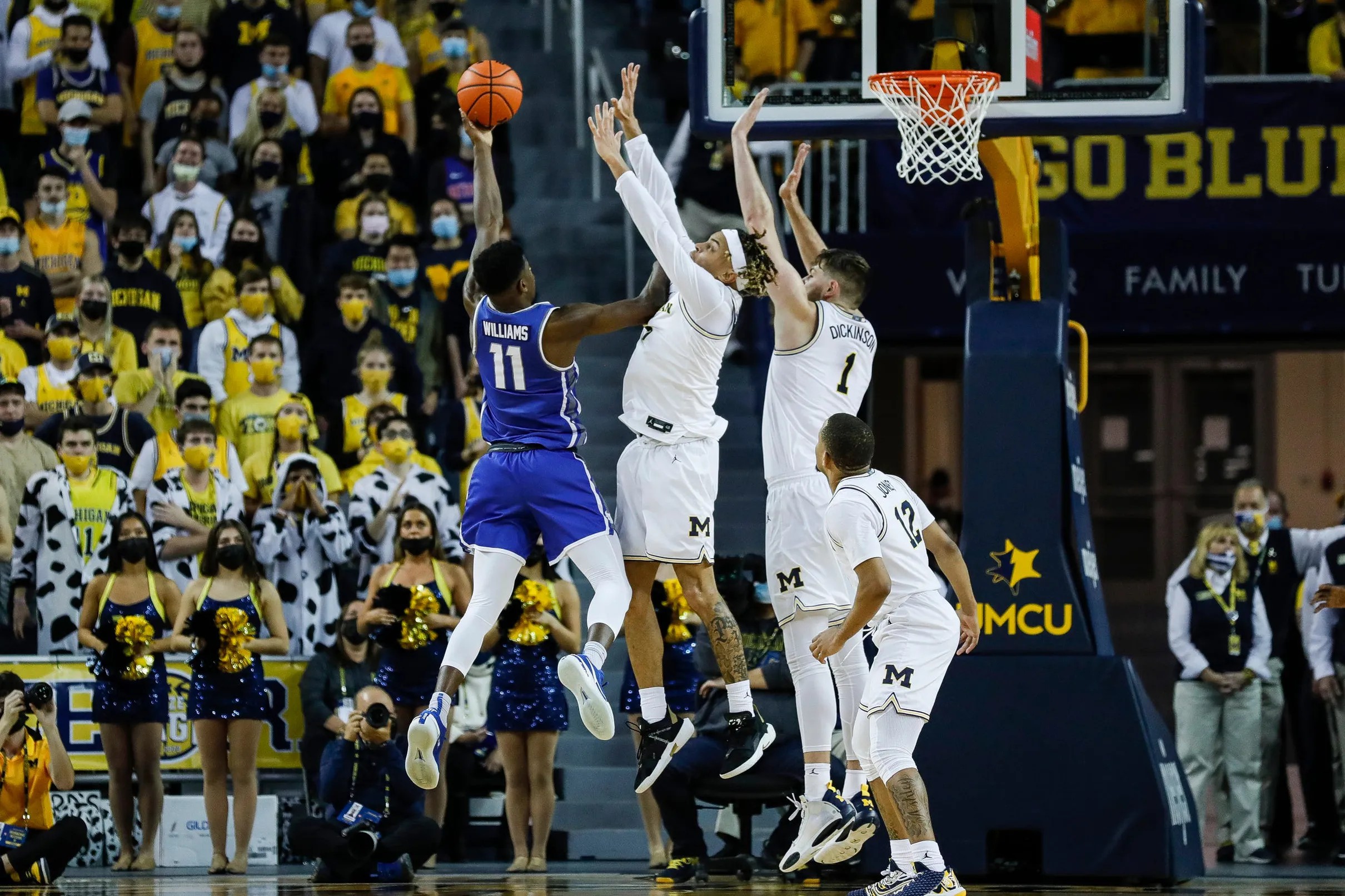
The NCAA had not ruled out publishing what would have been its at-large selections and bracket. Later in the day, the NCAA announced the tournament would be cancelled, along with all remaining winter and spring championships for the academic year. Most major conferences also announced suspensions of all athletics to varying degrees. With the decision to cancel the 2020 Mid-Eastern Athletic Conference tournament, all games that had yet to be played in the basketball season were cancelled, while the Big East called off its tournament at halftime during a quarter-final game between Creighton and St. Many of them had announced they would play without fans, but it was decided to scrap play altogether. The following day, due in part to Gobert's diagnosis and Hoiberg’s health scare, all conferences that had not yet concluded tournament play announced they would be scrapping their tournaments. There were initial fears that Hoiberg had COVID-19, but he was ultimately diagnosed with influenza A. On the same night, Nebraska coach Fred Hoiberg fell visibly ill during a game in the first round of the Big Ten tournament. On March 11, hours after the WHO's pandemic declaration, the NBA suspended its regular season after Utah Jazz player Rudy Gobert was diagnosed with COVID-19. Reports also stated that for practicality reasons, the NCAA was considering re-locating some of the later rounds (including the regional finals and the Final Four, the latter scheduled to be held at the 71,000-seat Mercedes-Benz Stadium) to smaller venues within the same host cities. Some venues (such as those in Ohio and California) enacted further local numerical restrictions on the numbers of those who could attend an event, which the NCAA agreed to respect. The NCAA subsequently announced it would go on with its winter-sport championships, including its basketball tournaments, with attendance limited to essential staff and family members.

Some conferences subsequently announced they would go on with their tournaments while holding their games behind closed doors with no outside spectators and limited attendance, especially on March 11 (when the World Health Organization declared COVID-19 a pandemic). Harvard University was scheduled to host the event at Lavietes Pavilion in Boston on March 14 and 15. On March 10, the Ivy League announced it had cancelled the conference's tournament, and would award its championship and automatic qualification to Yale based on regular season records. The timing of the tournament coincided with the wider spread of the COVID-19 pandemic in the United States. See also: Impact of the COVID-19 pandemic on sports It was the first time the tournament had been cancelled since its creation in 1939.ĬOVID-19 impact and cancellation

On March 12, the tournament, as well as all other NCAA championships for the remainder of the academic year, were cancelled due to the COVID-19 pandemic in the United States, just five days before it was set to begin. The 82nd edition of the tournament would have begun on March 17, 2020, and concluded with the championship game on April 6 at Mercedes-Benz Stadium in Atlanta, Georgia.

The 2020 NCAA Division I men's basketball tournament was a planned single-elimination tournament of 68 teams to determine the National Collegiate Athletic Association (NCAA) Division I men's college basketball national champion for the 2019–20 season. Edition of USA college basketball tournament


 0 kommentar(er)
0 kommentar(er)
